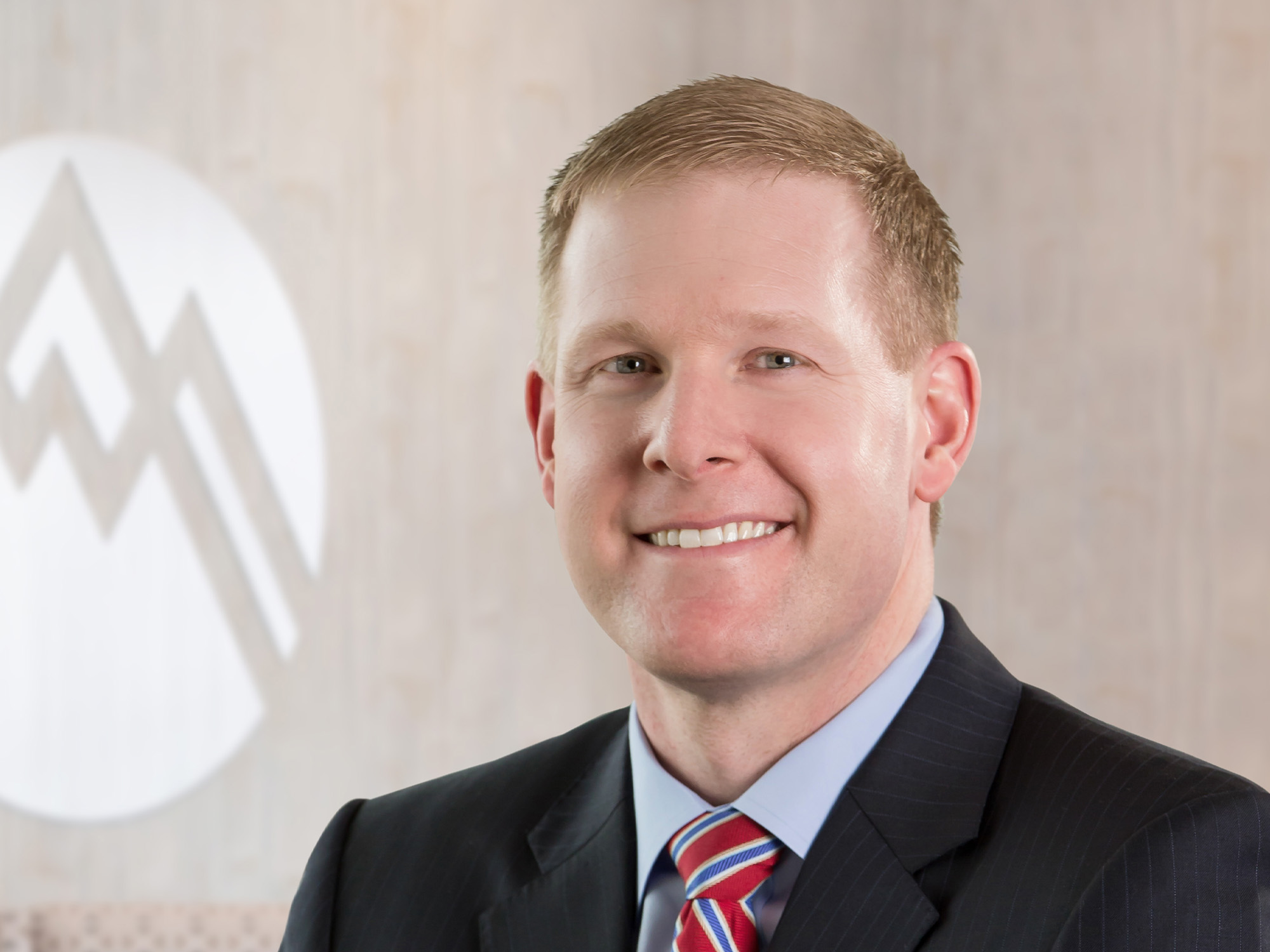One of the causes of arm or leg pain is radiculopathy, commonly referred to as a pinched nerve. Although not all of the causes of radiculopathy can be corrected by preventative measures, knowing the risk factors can help us take steps to keep our back healthy.
“No one wants to experience the pain that accompanies a pinched nerve,” says Dr. Nicholas Wills. “At Summit, our spine team takes a comprehensive approach to helping our patients keep the spine as healthy as possible. Part of prevention means knowing the factors that can increase the pressure around a nerve and put it at higher risk for compression.” This article explores pinched nerve risk factors and causes.
Pinched Nerve Risk Factors
A pinched nerve is caused when the nerve is compressed, or pinched, by surrounding bone or tissues. A number of conditions can cause nerve compression, including the following:
- Body position and posture. Crossing your legs whenever you are seated or general poor posture can lead to pressure injury in the spine. Training yourself to be mindful of posture and to create a work environment that encourages good posture are steps anyone can take to avoid nerve damage over time.
- Disc herniation and bulging discs. Disc abnormalities in the spine can put additional pressure on nerve roots.
- Arthritis in the spine. The inflammation caused by rheumatoid arthritis or bone spurs caused by osteoarthritis may narrow nerve openings or stiffen the spine, putting excess pressure on nerves.
- Weight gain. Carrying excess weight, including weight from water retention, puts additional strain on your spine and joints, increasing the risk of a pinched nerve.
- Pregnancy. Increased weight and water retention are often a part of pregnancy, putting pregnant women at higher risk for developing a pinched or compressed nerve.
- Repetitive actions. Some professions, hobbies, and sports require constant repetition of the same motion. Over time, the section of the spine affected by these actions may swell or become damaged, causing nerve compression.
- Tumor. In some cases, a tumor located in the spine can compress nerves, causing radiculopathy.
- Traumatic injury. Factors such as a sports injury, fall, or car crash can cause damage to the spine that results in nerve compression.
- Scar tissue. Patients who have had previous spinal surgery may develop scar tissue that affects the nerve root.
- Genetics. In some people, genetic predisposition causes conditions that increase the risk of pinched nerves.
“We may not be able to control all of the factors that make us more vulnerable to a pinched nerve along the spine,” says Dr. Wills. “But understanding the conditions that increase risk shows us the steps we can take to keep our spine healthy. When a pinched nerve does cause distress, our spine team is here to evaluate and diagnosis the problem, and design a treatment plan tailored to address your pain and help restore damaged nerves to healthy function.”
Pinched nerve treatment
Summit Orthopedics is home to Minneapolis/St. Paul’s top spine specialists for pinched nerve treatment. If you are experiencing symptoms of a pinched nerve, the spine team at Summit Orthopedics will work with you to confirm a diagnosis and develop an appropriate conservative treatment plan to address your problems. If nonsurgical treatments fail to support your lifestyle goals, fellowship-trained spine surgeons are here to consult with you and discuss appropriate surgical options.
Summit Orthopedics offers comprehensive spine expertise
Our back specialists diagnose spine problems and design custom treatment plans built on a conservative, nonsurgical approach. Most patients find relief through treatments including guided injections, specialized physical therapy, biofeedback, exercise, activity modification, and medication. When conservative care does not relieve symptoms, our highly skilled surgeons offer proven, evidence-based surgical options. Together with you, we will determine the right course of action.
Start your journey to a healthy spine. Find your spine expert, request an appointment online, or call us at (651) 968–5201 to schedule a spine consultation.
Summit has convenient locations across the Minneapolis-St. Paul metro area, serving Minnesota and western Wisconsin. We have state-of-the-art centers for comprehensive orthopedic care in Eagan, MN, Plymouth, MN, Vadnais Heights, MN, and Woodbury, MN, as well as additional community clinics throughout the metro and southern Minnesota.
Spine related resources
- View Summit’s Spine animated condition and treatment video library
- Check out additional information on Summit’s approach to spine care
- See Summit’s treatment options for neck, back, and spine care
More resources for you
- Meet Summit Orthopedics Surgeon Dr. Nick Wills
- Ask Dr. Strothman: When Is Surgery Effective For Pinched Nerves?
- Ask Dr. Choi: Why Do Legs Give Out Without Warning?

